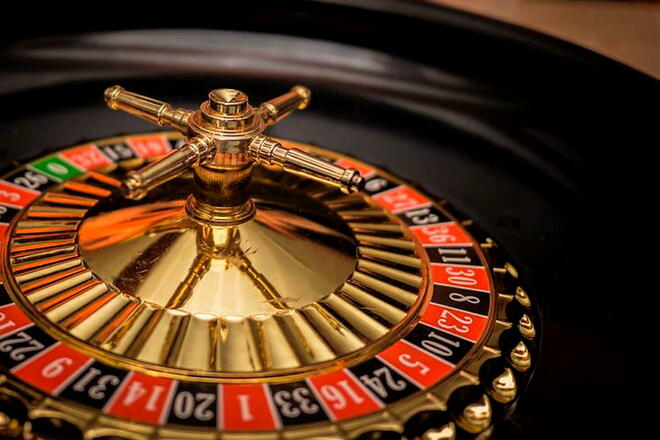
Casino games have enthralled players for centuries, pulling them into a realm of adventure, luck, and wealth. From the blinking lights of slot machines to the intense nature of poker games, these experiences offer a unique combination of fun and risk. However, underneath the facade of this glamour and finesse lies a complex relationship of calculations that shapes every result and action made within the gaming hall.
Comprehending this connection between casino games and math not only boosts the gambling experience but also can help participants make informed decisions. Whether you are a casual player or a dedicated follower, recognizing the math concepts at play can offer insightful understandings into chances, probabilities, and strategies, ultimately affecting how one tackles these games of luck.
Statistical Likelihood in Betting
In the world of casino activities, statistical likelihood plays a crucial role in assessing results and informing gambler choices. Every activity has a distinct set of regulations and a specific probability framework that shapes its mechanics. For example, in games like the roulette wheel, players must comprehend the probabilities of landing a specific number or shade. The likelihood of specific events happening can be computed, and this understanding can significantly influence wagering tactics.
Gambers also need to be aware of the casino edge, which is the mathematical benefit that gambling establishments hold over gamblers in the long term. This advantage differs across various games. 5MB In 21, skilled players can use tactics to minimize the casino advantage to as low as one %, while in games like slots, the casino edge can be much higher. Understanding the house advantage allows gamblers to make wise decisions about which games to play and the amount to wager.
Furthermore, likelihood is fundamental in the concept of danger versus reward in gambling. Every wager carries a certain risk factor, and gamblers must assess the possible return against that risk. Games like poker require gamblers to not only assess the odds of their own showing winning but also to evaluate the likelihoods of their rivals’ showings. By utilizing statistical principles to their gameplay, gamblers can improve their chances of winning and engage more effectively in the thrilling world of casino games.
Expected Value in Gambling Games
When discussing casino activities, one of the fundamental concepts rooted in math is the expected worth. This statistical metric assists players grasp the potential results of their wagers over a period. In simple terms, anticipated worth (EV) calculates the mean amount a gambler can expect to gain or lose per wager if they were to play the activity repeatedly. Each game has its unique EV, influenced by the probabilities and the house edge, which indicates the advantage that the casino holds.
For instance, think of a activity like the roulette game. The anticipated value can be derived based on the particular bet made. If a gambler bets on a individual number, the return is 35 to 1, but the actual odds of winning that bet are 1 in 37 (in Euro the roulette game). This results in a detrimental expected worth, indicating that, on average, players will incur a loss money over a period when playing this kind of wager. Grasping this idea allows gamblers to make better informed decisions about which activities and wagers may be less advantageous.
Moreover, the investigation of anticipated value can lead to improved bankroll management. Players who comprehend the mathematics behind their activities are often able to set practical expectations. By acknowledging their potential deficits and profits, they can adjust their playing strategies appropriately, which may improve their total gambling experience overall. As a consequence, anticipated value serves as a critical tool for both novice and experienced players to navigate the often unpredictable character of gambling games.
Tactics and Probabilities: The Arithmetic Behind Winning
In gambling games, understanding the probabilities is crucial for participants seeking to boost their chances of success. Each game has its own unique set of probabilities that determine winning performances, and these statistics are often presented in the rules of the game regulations or payout tables. For example, in activities like 21, gamblers can improve their probabilities through methods such as counting cards, which depends on math principles to gain an upper hand over the casino. By acquainting themselves with the odds, players can make more knowledgeable determinations on when to wager and when to fold.
Furthermore, the concept of average value plays a significant part in casino strategies. Average outcome calculates the typical outcome of a wager over a period, allowing players to evaluate whether a particular stake is worth taking. For instance, video slots have a specific return percentage, which can suggest the expected return a gambler can expect on their stakes. By opting for games with better average outcomes, gamblers can lessen the casino edge, boosting their possible rewards in the over time.
Lastly, successful participants often employ a blend of chance and math strategy to enhance their gaming experience. While chance is unpredictable, managing a wagering approach based on mathematical insights can lead to more positive results. By making use of techniques such as bankroll management and picking games, players can leverage mathematics to handle the random nature of gambling activities, making the most of their efforts and resources at the gaming tables.